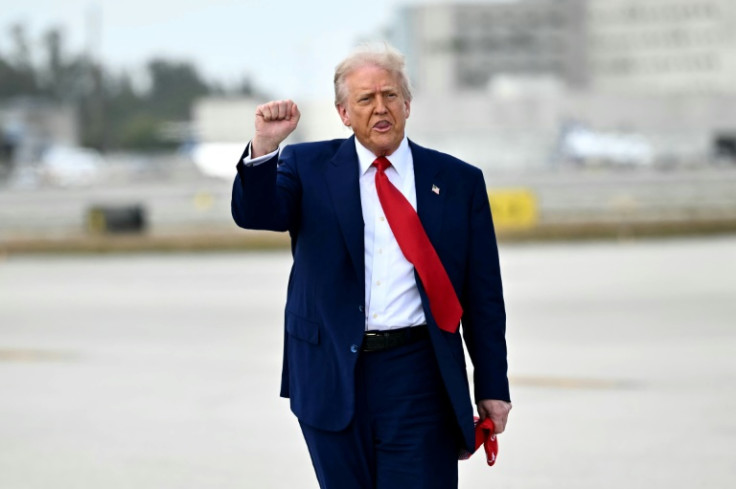
Tensions are boiling in Panama after opposition leaders accused the United States of staging a "camouflaged invasion" following President Donald Trump's confirmation that U.S. troops have been deployed to the country to "secure" the Panama Canal.
In January 2025, during his second presidential inauguration, Trump vowed to "take back" the Panama Canal, reigniting fears over U.S. interventionism in Central America.
This rhetoric followed decades of Panamanian sovereignty over the canal, which was transferred from the U.S. to Panama in 1999 under the Torrijos-Carter treaties. The treaties also prohibit any foreign military presence or bases within Panama, reinforcing the nation's neutrality.
Despite these agreements, the Trump administration has pushed for an expanded U.S. presence, citing national security concerns and Chinese influence in the region.
This week, opposition figures in Panama sounded the alarm over what they call an unlawful and opaque agreement between the Panamanian government and the U.S., which includes access to three former American military sites. The controversy intensified after Defense Secretary Pete Hegseth visited Panama and Trump admitted on Thursday, April 10, that "a lot of troops" had been sent to the country.
The official MOU (memorandum of understanding) shows that U.S. forces will use Fort Sherman, Rodman Naval Base, and Howard Air Force Base for operations described as "humanitarian" and "training," though critics say the facilities meet the definition of military bases. Opposition leader Ricardo Lombana denounced the deal as a "camouflaged invasion," pointing to the lack of Panamanian oversight within those installations.
"This is a camouflaged invasion," Lombana said. "An invasion without firing a shot, but with a cudgel and threats."
A local lawyer has filed a legal case against President José Raúl Mulino for "crimes against the international personality of the state," while the anti-corruption watchdog Transparency International is demanding full disclosure of all agreements and negotiations with the U.S.
Protests are expected to erupt on Saturday as citizens express outrage over the government's secrecy and what they view as violations of Panamanian sovereignty. The government maintains that the deal does not compromise national independence and is temporary in nature.
© 2025 Latin Times. All rights reserved. Do not reproduce without permission.



